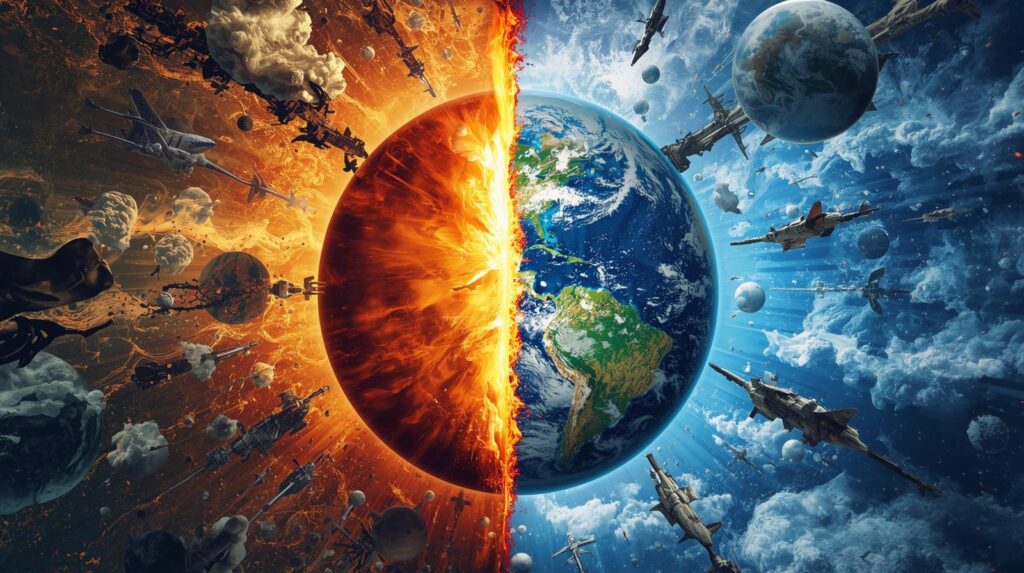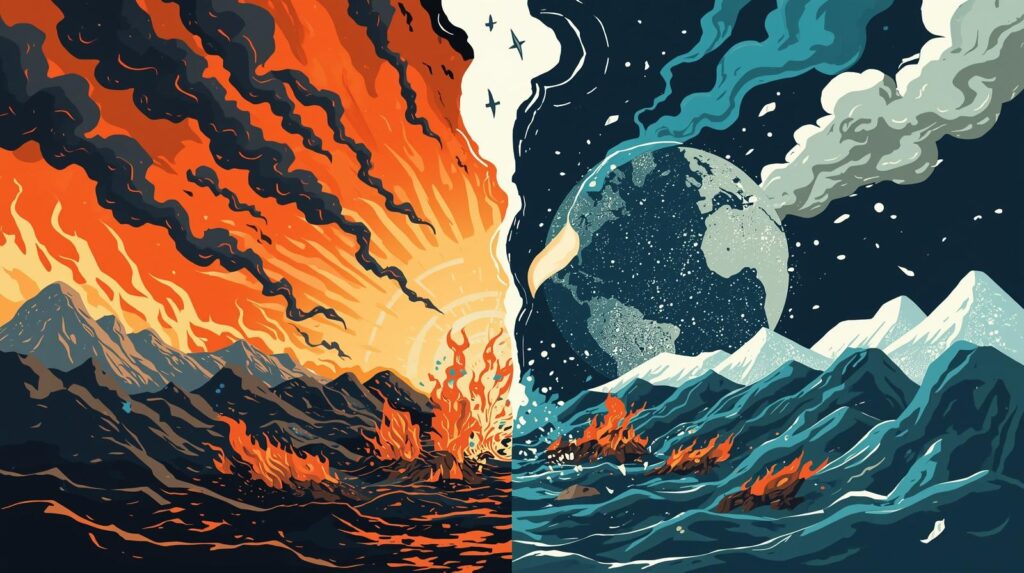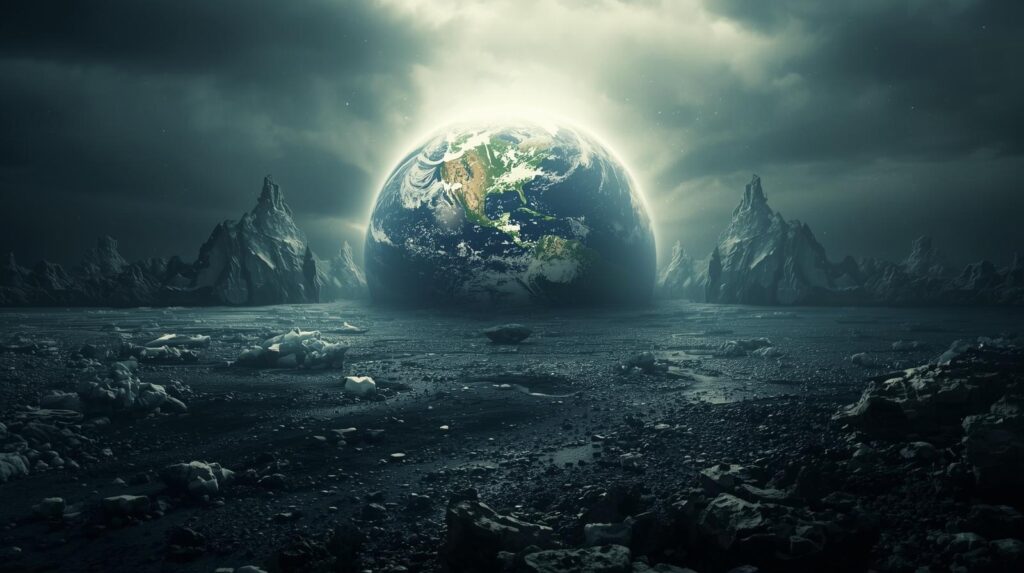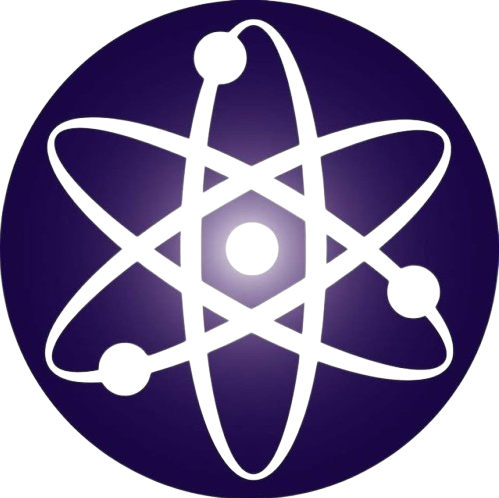Global Warming vs. Climate Change: Deconstructing the Paradox
It’s in the news every day: extreme weather, rising temperatures, and melting ice. It gets confusing—what’s going on? Is it global warming or climate change? This sort of confusion might make it more difficult so we’re unsure of how bad the issue is, and what we can actually do in order to assist in making a difference
“Understanding the difference between global warming and climate change is like knowing the difference between a fever and the flu. Both are serious, but they explain different parts of the problem. Don’t worry, Social crews—we’re here to break it down clearly
What Is Global Warming?
Picture the Earth as a cozy greenhouse, holding just the right amount of heat to make us comfortable. Now turn up the thermostat—that’s global warming in a nutshell. It is in fact the slow, gradual increase in the world’s mean surface temperature as a result of human activities, such as the burning of fossil fuels or clearing forests. They release greenhouse gases—carbon dioxide, methane, and nitrous oxide, to name but a few—into the air, which envelop the planet like a blanket, insulating it.
Here’s an example from real life: since the Industrial Revolution, the planet’s temperature has increased around 1.1°C (2°F). Not much, maybe, but enough to melt Arctic sea ice and reduce polar bear habitats to mush. Global warming is quantifiable—thermometers don’t lie. Scientists monitor it with temperature data, ice core data, and even tree rings, which contain a picture of a world heating up over decades.

Imagine global warming as the driving force behind most of the environmental change in the world today. It’s precise, specific, and all heat. But only part of the bigger picture, so let’s talk about climate change.
Climate Change: The Bigger Picture
Whereas warming is the engine, climate change is the whole vehicle—wheels, windshield, whole vehicle. It’s a more general term that encompasses not only increasing temperature but all the way the Earth’s climate system is changing. Climate change encompasses changes in weather, rain, sea level, and even ecosystems, frequently caused by that engine of warming but very much more comprehensively.
Take hurricanes, for example. Powered by warmer oceans are more powerful storms, a direct consequence of global warming. The entirety of climate change is intensified hurricanes, more rain somewhere, or drought elsewhere. California may burn one month and experience flash flooding the following month. Climate change is the big umbrella term that encompasses all the ripple effects, from melting glaciers to changed planting schedules for farmers.
Here’s a metaphor: global warming is similar to cranking up the stove in your kitchen to make it hotter than hot. Climate change follows—burned toast, waterlogged cooks, and perhaps a blaring smoke detector. It’s the ripple of effects, not the heat itself.
Global Warming vs. Climate Change: The Key Differences
When you say global warming vs. climate change, the difference is one of scope and emphasis. Global warming is hyper-Lasertargeted on temperature rise caused by human-emitted greenhouse gases. It’s an agent, a particular process. Climate change, by contrast, is the result—what occurs when those warmer temperatures disrupt the world’s systems.
Imagine it this way: global warming is why Miami summers are like saunas these days, with temperatures gradually creeping higher and higher each year. Climate change is why Miami also has more intense hurricanes and rising sea levels threatening to flood streets. One triggers the other to spread and expand.How Climate Change Is Fueling Bigger Wildfires in Europe.

A second way of looking at the distinction is in terms of scale and time. Global warming occurs over decades or centuries, as measured over a long term. Climate change appears in cycles as short as one intense heatwave or another snowy winter since it encompasses all deviations from “normal” weather patterns. For instance, global warming increases temperatures overall, but climate change could refer to colder winters in some areas due to shifted jet streams.
Why the Terms Become Confused
It’s hard to confuse global warming with climate change because they’re so interconnected. Scientists will even loosely use them when they’re just joking around, and headlines in the media are not typically enlightening. Global warming was the favored term when scientists first spoke about warming temperatures in the 1980s. But as science revealed the wider effects—such as changed rainfall or ocean acidification—climate change became used as the general term.
Ignorance here is also perception-based. If someone says to you, ‘It snowed last week, and therefore global warming is not a fact,’ what do you tell them? The fact remains, snow can still fall in a world that is warming. Climate change isn’t always hotter weather, just less predictable weather.”
Snow can still occur in a warmer world; climate change decreases the predictability of weather, not necessarily making it hotter. It’s not like telling someone that fever occurs because you’re shivering—different signs, same cause. To find out more about Europe’s climate, click on How Climate Change Is Fueling Bigger Wildfires in Europe.
Real-World Effects: The Difference in Action
Put that into perspective. Global warming is how the Arctic is heating up twice as fast as the rest of the world, and record-low sea ice in 2023 satellite imagery is what that is doing. That’s the heat at work. Global warming is the manner in which Inuit individuals in the Arctic are struggling to hunt their common game due to melting ice, which is interfering with the migrations of the animals. Heat is brought about by warming; global warming transforms their way of life.
Or consider agriculture. Global warming equates to warmer growing seasons, stressing crops such as wheat, which grows best in cooler conditions. Climate change introduces that and throws in erratically occurring rains that flood fields in one year and wither them the next. India’s wheat crops fell 5% in 2022 because of heatwaves—a result of global warming—while changing monsoons, a climate change sign, made it even harder to farm.
Even urban living is affected. Places such as Phoenix enjoy extremely hot summers, with the temperature rising to 45°C (113°F) every day. Climate change, however, accounts for the same cities experiencing dust storms or flash floods because weather patterns become unreliable.
Why Understanding Global Warming vs. Climate Change Matters
Understand the difference isn’t academic—it influences how we react. Concentrating solely on global warming can result in the sort of action such as reducing carbon output, which is needed. But to end climate change, something must be done on a larger scale: constructing sea walls, keeping ecosystems intact, or assisting farmers to adapt to altered rain patterns. It’s treating an illness—you can’t just reduce the temperature; you have to cure all the symptoms so that you can cure the entire body.

For people, this is de-bunking the myths. If a person tells you that climate change is a hoax because it just so happens to be cold today, you can tell them global warming creates long-term patterns, but climate change has those strange variations in the weather. It enables you to engage in smart conversations, whether you’re at a town hall meeting or dinner.
For the policy-maker, distinction determines policy. Warming needs renewable and electric vehicles to cut emissions. Climate change needs better infrastructure, such as stronger levees or dry-resistant plants. Both are crises, but both address different faces of the crisis. Let us learn more about The Growing Challenge of Recycling Wind Turbine Blades.
Wrapping up
The global warming vs. climate change conversation isn’t just about definitions—it’s about our planet’s future. Global warming is the heat we’re adding, measurable and undeniable. Climate change is the chaos that follows, reshaping lives from coastal villages to bustling cities. Together, they’re a wake-up call.
You don’t have to be a scientist to make a difference. Begin small: rather than driving, cycle to work to reduce emissions, or advocate for renewable energy measures. See how your neighborhood is evolving due to changed weather conditions—perhaps it’s planting trees that shade cities or holding back water during droughts. Every little helps.
The next time you’re watching global warming vs. climate change on the news tonight, you’ll be able to tell them apart. One is the result and the other is the reason. Either way, however, they remind us that Earth is changing and it’s up to us to navigate the course.
